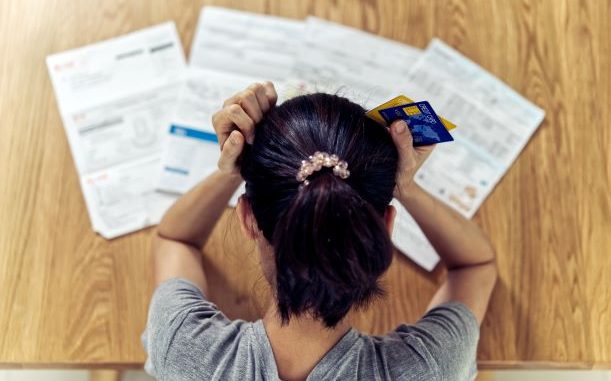
The word ‘bankruptcy’ strikes fear into the hearts of business owners and individuals alike, with a stigma of being the absolute worst thing that can happen to anybody’s finances. However, there are circumstances where it may be the most suitable solution for you to clear your debts.
Before continuing, it’s important to understand that in the UK, bankruptcy only applies to individuals. Though you may have heard of companies going bankrupt, that applies to those in the USA. The UK equivalent of ‘company bankruptcy’ is called ‘Creditors Voluntary Liquidation.’
So, in what circumstances might bankruptcy be the best option to clear your debts?
You have no or few assets
Those in debt often fear having their assets repossessed or taken by bailiffs. By the same token, if you don’t have much in the way of high-value assets – vehicles, property, etc., bankruptcy might be a suitable option.
Bankruptcy may also be viable if there’s little to no hope of repaying your debts, or if other debt–relief methods, such as an Individual Voluntary arrangement (IVA) have failed.
Your debts are unsecured
Unsecured debts are debts where the creditor has no charge or collateral. Unsecured creditors include credit cards, medical and utility bills. If most of your debts fall into these categories, and a monthly repayment procedure isn’t suitable, then bankruptcy might be your best option.
While bankruptcy covers your unsecured debts, the following debts cannot be included: Court orders, fines, payments towards child support, student loans, or debts secured by charging orders.
You need protection from creditors
Even without security charges, creditors can attempt to recover debts you owe them. This action should start as reminders, but if ignored, it can escalate to county court action. They can even force you into bankruptcy if you owe them more than £5,000. Bankruptcy offers you some protection from this sort of creditor pressure and resulting legal action. You can also apply to make yourself bankrupt; doing so costs £680.
You want it to be over quickly
A lot of insolvency and debt–relief procedures can take up to five or six years from start to finish. Bankruptcy, by contrast, lasts one year – though it stays on your credit file for six years, making it harder to secure new lines of credit. After the year, you will be ‘discharged’ from bankruptcy, and any remaining unsecured debt is written off.
Your line of work allows it
Bankruptcy can affect those working in certain professions. These professions include limited company directors, accountants, pub owners and those working in law such as solicitors and police. If you don’t work in any of the previously mentioned professions, bankruptcy shouldn’t affect your employment. You can speak to your trade union or employer if you’re unsure, or if you work in one of the listed sectors and are considering going bankrupt.
Summary
Bankruptcy can seem like the worst thing that can happen to a person’s finances. However, in some circumstances, it can be a suitable way to clear your unsecured debts. If you need protection from creditor pressure and have no high-value assets such as vehicles or property, bankruptcy may be suitable. Additionally, the process tends to be shorter than other debt-relief options, though you should check with your employer if you’re concerned it could affect your job.